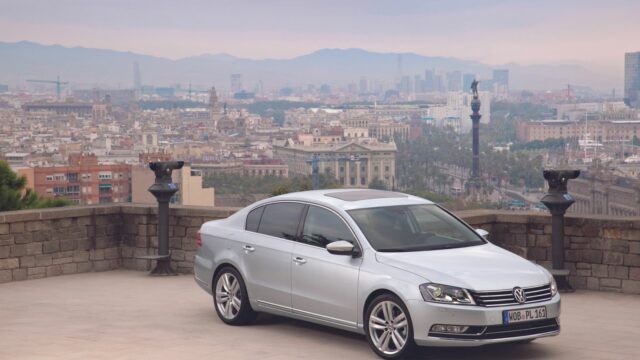Wireless hacking graduated to a whole new level

Car hacking is gaining momentum and after companies like FCA – more specifically, the Jeep brand – have been exposed to outside 'attacks', it looks like Volkswagen Group is just as vulnerable but on a much larger scale.
A report on Wired, quoting a scientific paper called 'Lock it and still lose it – On the (in)security of automotive remote keyless entry systems' talks about a ginormous batch of VW Group vehicles that show keyless entry system vulnerabilities: 100 million models.
Even more worrying is the fact that these backdoors for hackers are found in cars built within a time span of 21 years, from 1995 to 2016.
Some of the models affected include the likes of Audi A1 and Q3, VW Amarok, Jetta, Passat and Tiguan, Seat Ibiza and Leon but also Skoda Fabia, Superb, and Octavia, to name a few.
The scientists who carried out the study say the so-called attacks or hackings are cheap to orchestrate, in the sense that the whole operation can be done using a $40 home-made radio device that intercepts the car's key fob codes whenever the driver presses the lock/unlock buttons.
However, catching the key fob's wireless signal and then duplicating it is no easy job. So, although there's an army of affected cars, hackers would still have to be within 300 feet (roughly 90 m) of the 'victim' vehicle.
Moreover, the hacker must capture the exact moment when the lock/unlock buttons are pushed otherwise the signal can't be copied and therefore replicated.
Still, with the increasing digitalization of cars, such problems are bound to happen, and all we can hope is that carmakers turn their heads towards more automotive-related research papers and, as in this case, react with better security solutions.
